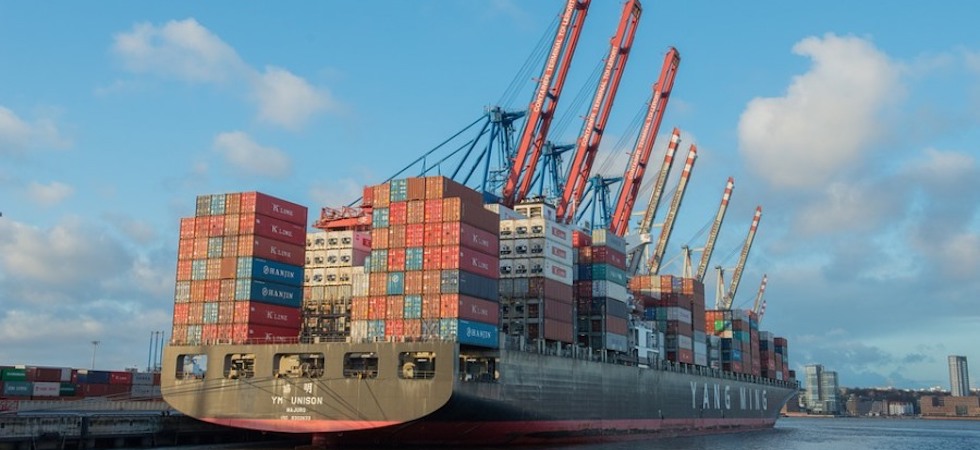According to the latest data from the Food and Drink Federation (FDF), UK exports of food and drink are down £2.7 billion (-15.9%) in the first three quarters of 2021 compared to pre-pandemic levels.
The FDF said that this is largely due to a drop in sales to the EU of £2.4 billion (-23.7%) resulting from new barriers to trade with the EU and the ongoing effects of the Covid-19 pandemic.
Exports to core markets including Germany (-44.5%), Italy (-43.3%) and Spain (-50.6%) have been particularly badly hit since 2019, while UK exports to Ireland – the UK’s biggest overseas market – are down more than a quarter since 2019. This represents a loss of nearly £0.75 billion in sales.
Global exports of whisky and salmon have started to recover, with sales of both products up 21% compared to 2020. All other major products, including beef (-18.4%), cheese (-13.2%) and pork (-5.7%) have continued to decline, with the exception of soft drinks which grew 11% from 2020.
More positive news can be seen in non-EU markets in the past year, with exports up 11%, driven by a return to strong growth in China (+22.1%), Taiwan (+21.8%), the UAE (+18.3%), Japan (+10.6%) and Singapore (+5.4%).
The FDF said that imports have also been badly impacted since 2019, with sales from the EU down nearly 11% in the nine months to September compared to pre-Covid levels – a fall of more than £2.5 billion. FDF data suggests that imports from the Netherlands (-19%), Ireland (-20.1%) and Germany (-33.1%) were most severely hit over the last two years.
With the UK due to implement its delayed import controls on products arriving from the EU in 2022, the FDF asserted this will further impact the cost and availability of supplies of food and drink from the EU, including essential ingredients and raw materials required by UK manufacturers.
Small businesses severely impacted
Dominic Goudie, head of international trade, the FDF, said: “It is extremely disappointing to see how badly our trade with the EU has been affected, with our smallest exporters hardest hit. It is essential that the government works constructively with the EU to improve the implementation of the Trade and Cooperation Agreement to ensure that it works for small businesses, otherwise this downturn will be here to stay.”
Goudie added that it was “vital” that the UK government and devolved nations continue to work with industry to put in place a new model of partnership to support food and drink exporters.
Opportunities in ASEAN and GCC
John Whitehead, Food & Drink Exporters Association (FDEA), said: “The much-needed bounce back for salmon, whisky and soft drink exports is a real boost for the industry. It’s also encouraging to see meat sales to ASEAN countries rising driven by an increasing demand for pork. Our In Market Associates in both ASEAN and GCC markets report that there is also strong demand for added value products from the UK. It is the SME producers of value-added products hit hard by both Brexit and the pandemic who continue to need support to take advantage of these opportunities.”









